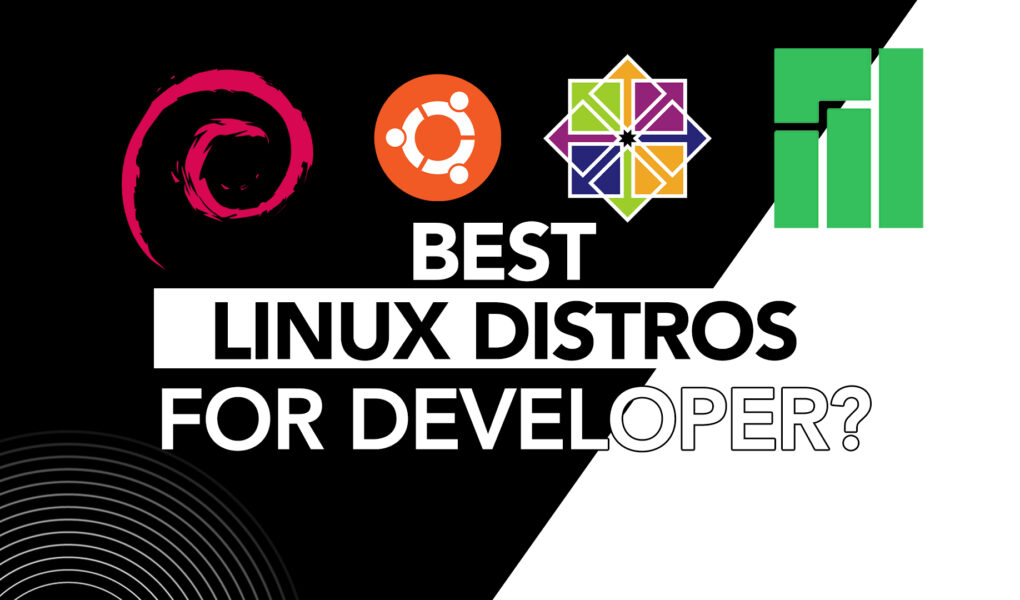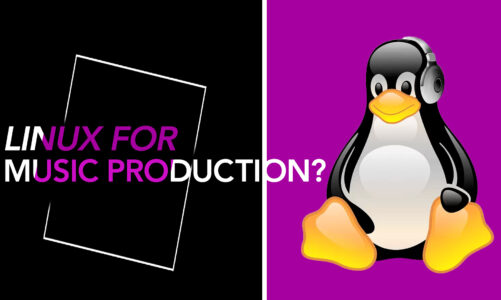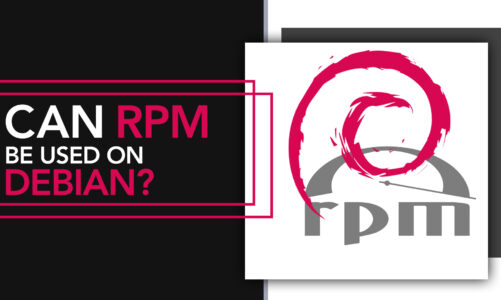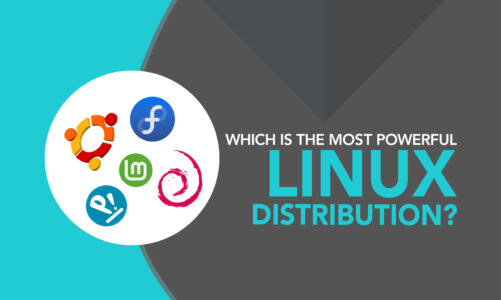Linux distributions are known for their stability, security, and flexibility. This makes them an excellent choice for developers, as they can easily adapt to different programming languages, frameworks, and tools. Additionally, Linux is cost-effective, as most distributions are free and open-source, allowing developers to save on software costs.
But with so many Linux distributions available, which one should you choose for your development needs? In this article, we are going to delve into some of the top Linux distributions for developers, emphasizing their essential attributes and factors that set them apart.
Best Linux Distros for Developers
1: Ubuntu
Ubuntu ranks among the most prevalent and accessible Linux distributions on the market. It is based on Debian and offers a wide range of software packages, making it suitable for developers with varying needs.
Key Features
- Simple to install and use, perfect for beginners
- Long-term support (LTS) releases ensure stability and compatibility
- Extensive software repositories and support for various programming languages
- Strong community and developer support
2: Fedora
Fedora is a cutting-edge Linux distribution that focuses on incorporating the latest technologies and innovations. This makes it an excellent choice for developers who want to stay on top of trends and experiment with new tools.
Key Features
- The rapid release cycle for up-to-date software packages
- Strong focus on security and innovation
- An extensive selection of programming languages and development tools
- Backed by Red Hat, providing a strong enterprise foundation
3: Debian
Debian is a dependable and steady Linux distribution, which attracts developers who prioritize stability and extended support. It serves as the basis for numerous other distributions, such as Ubuntu.
Key Features
- Stability and long-term support (LTS) releases
- Extensive software repositories and package availability
- Strong community-driven development and support
- Highly customizable and versatile
4: Arch Linux
Arch Linux is a streamlined, minimalistic distribution, granting developers full authority over their system. It is designed for experienced users who prefer a hands-on approach to customization and configuration.
Key Features
- Rolling release model, ensuring up-to-date software packages
- Highly customizable and optimized for performance
- Comprehensive documentation and community support
- A Pacman package manager for easy installation and management of software
5: Manjaro
Manjaro is an easy-to-use and approachable Linux distribution derived from Arch Linux. It offers the power of Arch Linux with an easier installation process and additional stability, making it suitable for both new and experienced developers.
Key Features
- Entry to the Arch User Repository (AUR) for an extensive assortment of software packages
- Rolling release model, ensuring up-to-date software
- Simplified installation and setup process compared to Arch Linux
- Excellent hardware support and compatibility
6: openSUSE
openSUSE is a versatile and reliable Linux distribution backed by the SUSE Linux Enterprise. It is available in two main versions: Leap, which provides a stable release model, and Tumbleweed, which offers a rolling release model.
Key Features
- The choice between stable (Leap) and rolling release (Tumbleweed) versions
- Extensive software repositories and compatibility with multiple programming languages
- Robust system administration tools, such as YaST
- Strong enterprise foundation and community support
7: Puppy Linux
Puppy Linux is a nimble and speedy Linux distribution crafted for aging or less powerful hardware. While not specifically targeted at developers, its performance and portability make it an interesting option for those seeking a minimalistic environment.
Key Features
- Extremely lightweight and fast, ideal for older or low-spec hardware
- Portable, capable of running from a USB drive without requiring installation
- Customizable and flexible, with a range of software packages available
- Unique package management system for easy software installation
8: Pop!_OS
Pop!_OS is a fairly recent Linux distribution created by System76, a firm that manufactures computers running on Linux. It is based on Ubuntu and focuses on providing a polished and streamlined experience, particularly for developers.
Key Features
- User-friendly and visually appealing, with a focus on productivity
- Based on Ubuntu, providing access to extensive software repositories
- Built-in support for programming languages, development tools, and containerization
- Strong hardware compatibility, with optimizations for System76 hardware
Conclusion
The question of which Linux distribution is best for developers ultimately depends on personal preferences, prior experience, and the specific needs of your development projects. While Ubuntu, Fedora, and Arch Linux are popular choices, other distributions like Debian and openSUSE are also worth considering.



